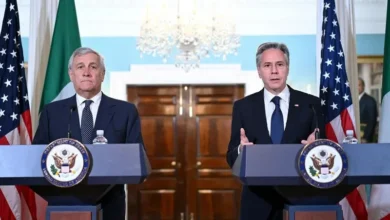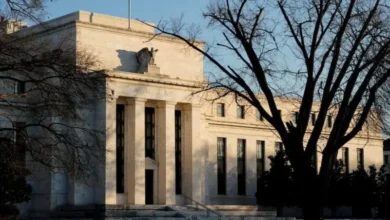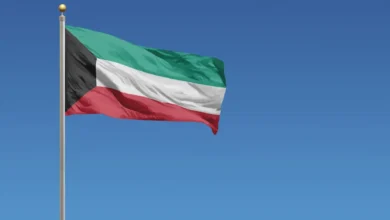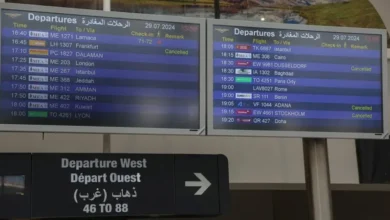Dubai’s high cost of living drives out expats, brings in millionaires
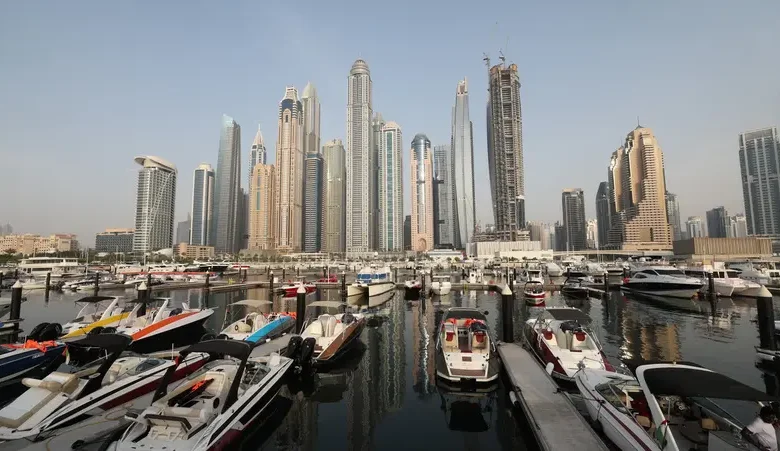
As billionaires snapped up villas in Dubai and the city bulged with new bankers and executives, Ghida was evicted. The landlord had seen a way of doubling the roughly $3,000-a-month rent she and her husband were paying.
The couple were asked to leave their home after being told the owner wanted to move in with his family. He then advertised it for $6,000 a month. She’s now suing him for breaking rental rules.
“I am hearing they have a staggering backlog of other tenants with similar situations to mine, said Ghida, who wanted to be identified by her first name as the dispute continues.
It’s a story similar to dozens of others in Facebook groups, cafes and workplaces, and reflects Dubai’s latest incarnation: an enduring land of opportunity, though with a barrier to entry that just got significantly higher.
Key to Dubai’s brand has been a largely tax-free lifestyle that many incomers would be unable to access in their home country. But an influx of crypto millionaires, bankers relocating from Asia and some wealthy Russians is driving up rental prices and making the metropolis of more than 3 million people feel more like a playground reserved for the super-rich.
Fees for the private schools that are mandatory for expatriate children have climbed, a weekly shop of groceries at upmarket British supermarket chain Waitrose is costing ever more and an Uber ride at rush hour in a city built primarily for cars can now set you back the same as a New York taxi.
The average annual rent for a villa — single-family houses — in the emirate jumped 26 percent in the year through to February to reach 295,436 dirhams ($80,436), according to real estate adviser CBRE Group Inc. Average apartment rents soared 28 percent to almost 100,000 dirhams.
“The nature of Dubai is changing,” said Metin Mitchell, founder of a C-suite executive recruitment firm working in the region for decades.
“This is becoming a super dynamic economy again, but it’s also becoming more of a Monaco, servicing the needs of affluent and high-net-worth people.”
The Dubai Media Office did not immediately respond to a request for comment.
In Dubai, about 90 percent of residents are foreign and residency mostly relies on employment.
The United Arab Emirates has started offering long-term visas to chosen few, but the vast majority of foreign workers have no clear route to attain permanent residency or citizenship.
Residents look for opportunities elsewhere
In 2018, many residents left amid a substantial increase in living and business costs. Two years later, thousands more departed in the wake of pandemic job losses.
Squeezed families are mainly downsizing or eying up opportunities in markets like neighbor Saudi Arabia, which is competing with Dubai for talent and business, and plans to lure tourism too.
The pandemic led to a dip in Dubai rental costs, meaning that some residents moved into areas that they previously couldn’t afford and are now struggling as prices shoot back not just to pre-COVID-19 levels but beyond.
Officials say price rises are more modest than elsewhere as high inflation dents spending power globally. They argue Dubai continues to offer the jobs and opportunities that are scarce in other emerging markets and developed cities in the West.
But being less worse was never meant to be Dubai’s sales pitch. Only a decade ago, Dubai ranked as the 90th most expensive place for expatriates, according to New York-based consultant Mercer. Last year, it was 31st, one slot ahead of Miami.
“It’s almost a given now that both parents need to be working, said James Mullen, co-founder of WhichSchoolAdvisor.com.
He says the average tuition is more than $10,000 per year, and some families opt to move home as fees climb higher the older their children get.
“Certainly, 10 years ago, it was a different situation because companies were still giving family allowances and school fee allowances. That sort of thing has practically disappeared.”
